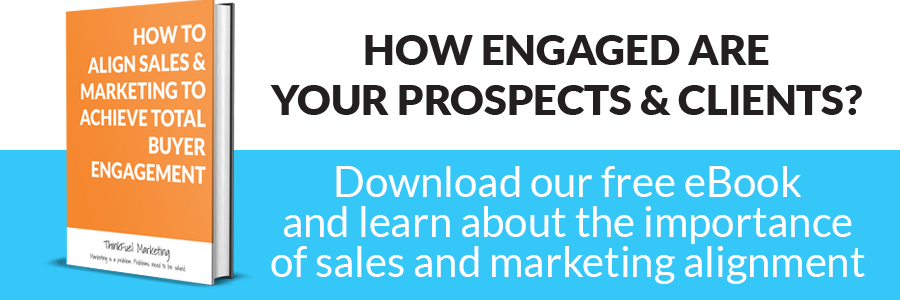Marketers have recently started realizing the power of emotions and how they can influence buying and brand decisions, which is why you may have noticed so many more ad campaigns these days that make you laugh, smile, cry, or otherwise react with your heart. Emotional selling, therefore, is a great tool that brands and marketers can use to increase sales, and today you'll learn why that is and how you can leverage it.
Emotional Selling Explained
As you might imagine, emotional selling is a marketing approach that uses human emotions to strike a chord with prospects. The purpose of emotional selling is to resonate with people on a deep, human, and sensitive level because tugging at the heartstrings is one of the best ways to get a potential customer on your side.
To illustrate the point, let's look at the following example.
When UPS wanted to get more customers to use their delivery service, they came up with a brilliant idea: make an advertisement featuring a child who wants nothing more than to be a UPS driver when he grows up, and watch as the driver delivers the boy his very own miniature UPS truck that he can use to help deliver packages for a day. You cannot help but smile and feel joy as you watch the ad and get behind their delivering wishes campaign.
The Power of Incorporating Emotion into Your Marketing
Emotional selling is incredibly effective because when people make brand and purchasing decisions, they rely far more on emotions than they do logic or reason. In fact, people tend to make an emotional decision first and then find logical reasons to support the choice.
Going back to the UPS example, a prospect might see the campaign and subconsciously decide to use UPS for their next shipment, and afterward argue that UPS has fast shipping times, great rates, and wonderful service to back up the decision.
Emotional marketing, therefore, is far more impactful than marketing that focuses on information. Furthermore, emotional marketing can help your brand to make more powerful first impressions, since people are far more likely to remember a product, service, or brand when the campaign elicits a strong emotional response.
The Most Effective Emotions for Increasing Sales
Some emotions, however, are more effective than others at influencing buying and brand decisions. Happiness and joy are among the most powerful and commonly used feelings in these types of campaigns, and that's mostly because they're positive emotions that encourage people to share, thereby increasing the reach of your campaign.
That being said, negative emotions like sadness, surprise, fear, anger or disgust can also be used in emotional marketing. For instance, sad campaigns (think of any ad you've ever seen for an animal shelter) can help people connect and feel empathy, while surprise or fear can make people grateful for comfort. Finally, anger and disgust can forge a connection with people based on a common enemy (creating community), and this can generate a great deal of brand loyalty.
Getting Started with Emotional Selling: The Basic Principles
How exactly, therefore, do you use emotional selling to your advantage to drive sales? For starters, choose content that will lend itself to emotional reactions, such as friendship, family, and inspirational stories. But which emotion should you go with, and what type of content should you choose? That will depend on your audience, and you'll have to do some research to determine what might resonate with them the best.
Another tip for incorporating emotional selling tactics into your campaigns is to use advertisements and content to tell a personal story. People relate well to storytelling, and narratives provide sympathetic characters and situations that prospects will be able to relate to. You can also use colour to evoke emotional responses because colour is very powerful and can influence human behaviour. Another successful technique is to focus on sensitive pain points and how your product or service can solve a customer’s issues.
Emotions play a significant role in the decisions people make when purchasing items or choosing brands, and smart marketers have started to realize that emotional selling is a very effective way to drive sales. Beyond that, emotional selling can also encourage people to share your content, join your community, and get behind your brand. By learning about your audience and what might resonate with them, you can leverage the power of emotional marketing to attract prospects, boost sales, and create more loyal customers.
